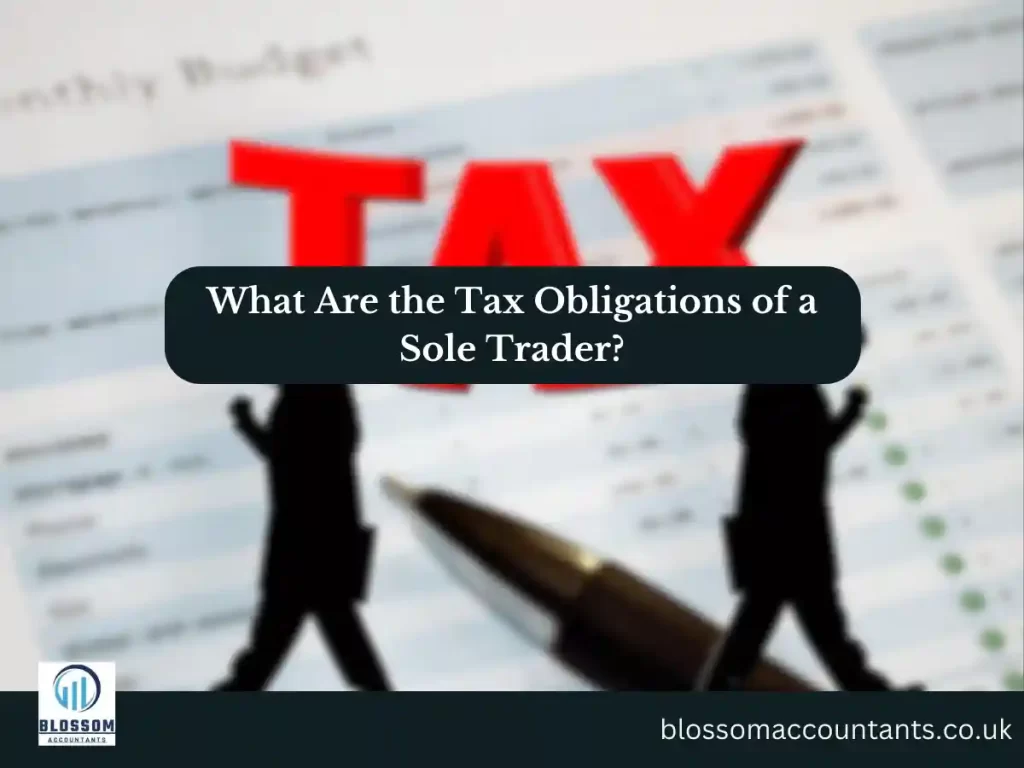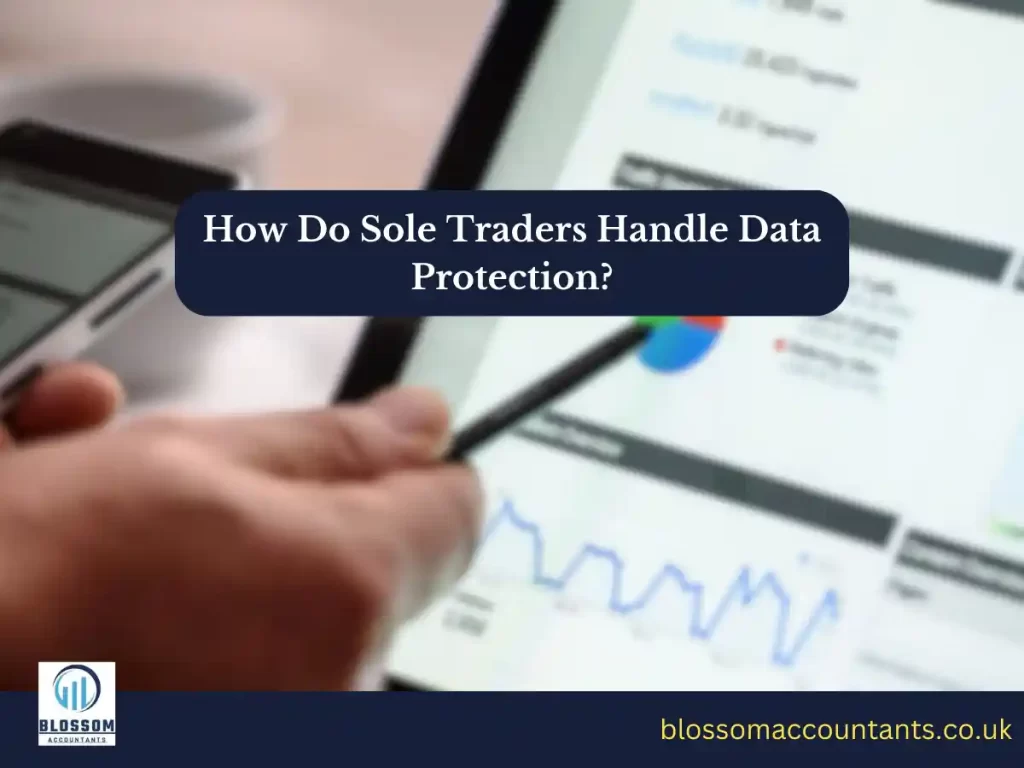Being a sole trader in the UK comes with a set of legal responsibilities that are essential for running a legitimate and compliant business. This comprehensive guide explores the legal requirements that sole traders must adhere to, ensuring a smooth and lawful operation. Whether you’re considering becoming a sole trader or already are one, this guide will provide a detailed understanding of the legal obligations that come with this business structure.
Table of Contents
What Is a Sole Trader?
A sole trader is an individual who runs a business on their own, without forming a separate legal entity.
What Are the Legal Obligations of a Sole Trader?
Sole traders have several legal requirements, including registering for self-assessment, paying income tax and National Insurance, keeping accurate financial records, and more.
Do Sole Traders Need to Register Their Business?
Sole traders are not required to register their business with Companies House, but they must register for self-assessment with HMRC.
How Does a Sole Trader Register for Self-Assessment?
Sole traders can register for self-assessment online through the HMRC website or by filling out form CWF1.
What Are the Tax Obligations of a Sole Trader?
Sole traders must pay income tax on their profits and Class 2 and Class 4 National Insurance contributions.

How Do Sole Traders Keep Financial Records?
Sole traders are legally required to keep accurate and up-to-date financial records, including income, expenses, and receipts.
Do Sole Traders Need a Business Bank Account?
While not a legal requirement, having a separate business bank account is recommended to keep business finances separate from personal finances.
Are There Legal Requirements for Naming a Sole Trader Business?
Sole traders can trade under their own name or choose a business name. If using a business name, certain rules apply, such as not using a name that is offensive or already in use.
What Are the VAT Obligations for Sole Traders?
Sole traders must register for VAT if their annual turnover exceeds the VAT threshold. VAT returns must be submitted regularly.
Are There Health and Safety Requirements for Sole Traders?
Sole traders are responsible for the health and safety of themselves and anyone affected by their business activities. This includes risk assessments and maintaining a safe working environment.

Do Sole Traders Need Insurance?
While not a legal requirement, having appropriate insurance, such as public liability insurance, can protect a sole trader’s business and assets.
What Are the Pension Responsibilities of a Sole Trader?
Sole traders are responsible for setting up their own pension arrangements, such as a personal pension plan.
How Do Sole Traders Handle Employees?
If a sole trader hires employees, they must fulfill legal obligations related to payroll, contracts, and workplace rights.
What Are the Legal Implications of Intellectual Property for Sole Traders?
Sole traders should be aware of intellectual property rights and ensure they are not infringing on others’ trademarks, copyrights, or patents.
How Do Sole Traders Handle Data Protection?
Sole traders who process personal data must comply with data protection laws and the General Data Protection Regulation (GDPR).

Are There Environmental Regulations for Sole Traders?
Sole traders must adhere to environmental regulations related to waste disposal, pollution, and other environmental impacts.
Can Sole Traders Rent Business Premises?
Sole traders can rent business premises, but they should be aware of legal obligations, such as lease agreements and health and safety requirements.
How Do Sole Traders Handle Tax Returns and Deadlines?
Sole traders must submit self-assessment tax returns by the deadline, which is usually January 31st following the end of the tax year.
What Are the Consequences of Not Meeting Legal Requirements?
Failure to meet legal requirements can result in penalties, fines, legal action, and damage to the reputation of the business.
How Can Sole Traders Stay Informed About Changing Legal Requirements?
Sole traders can stay informed through government websites, business advisory services, legal professionals, and industry publications.
Conclusion:
Operating as a sole trader in the UK involves a range of legal responsibilities that are essential for a successful and compliant business. From tax obligations to data protection and health and safety, adhering to these requirements is crucial for maintaining the integrity of your business and avoiding potential penalties. By understanding and fulfilling these legal obligations, sole traders can confidently navigate the business landscape and contribute to the UK economy in a lawful and ethical manner.
DISCLAIMER: We have written the UK accounting and tax related details for your information only. For professional advice or for any accounting task you require, you may need to speak to a professional accountant near you who can assist you. Please read our disclaimer for more details.

